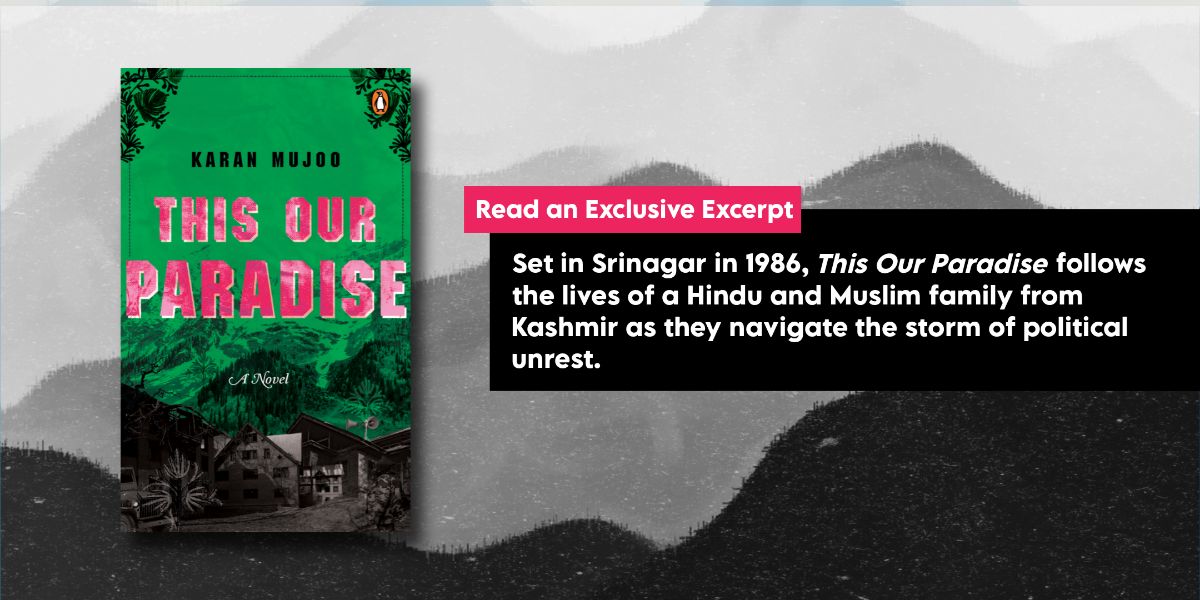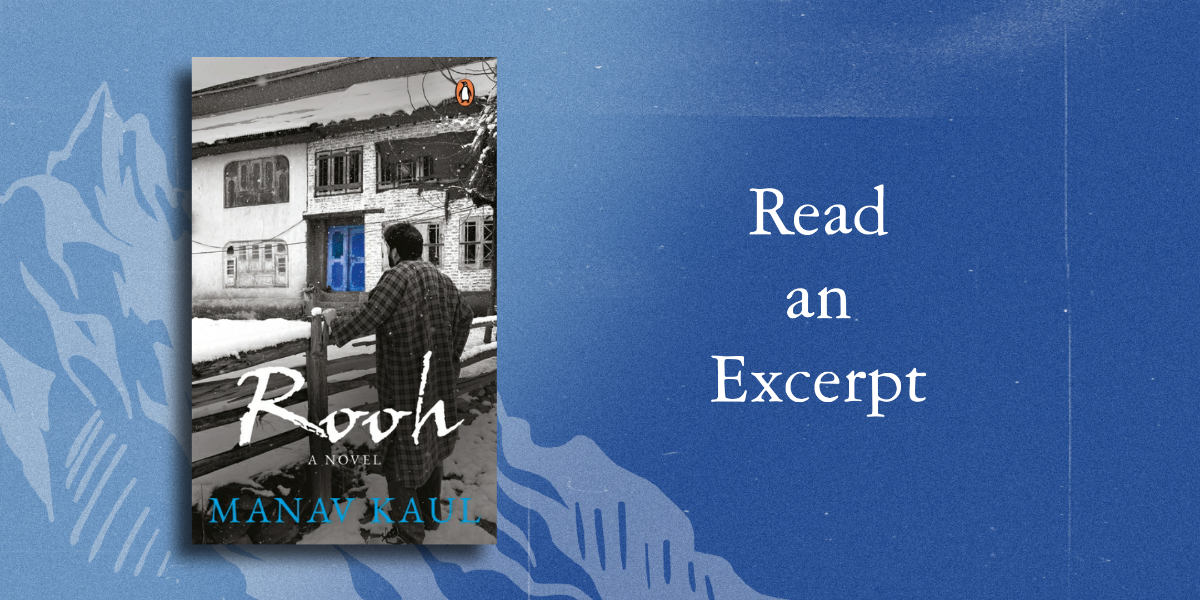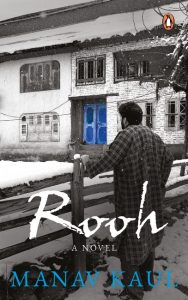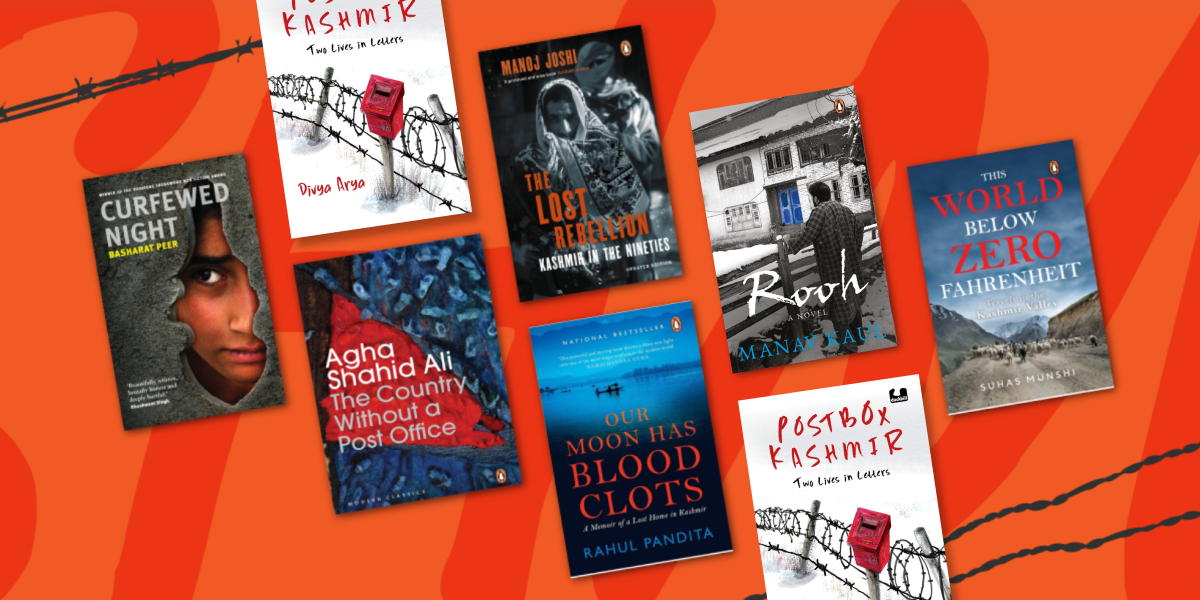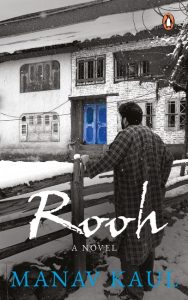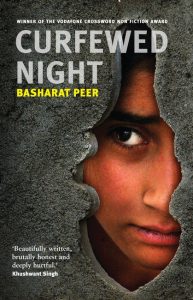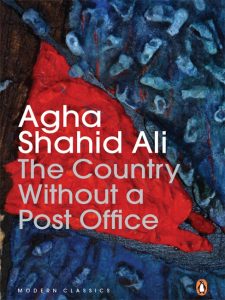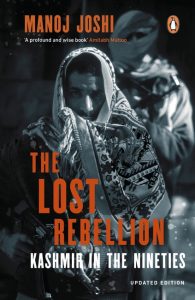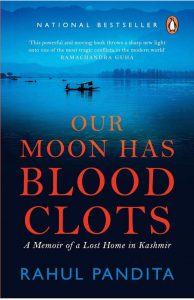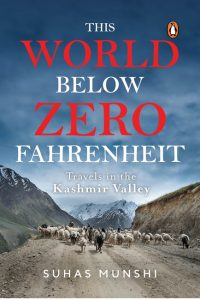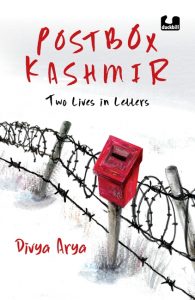Stories from Kashmir always tug at the heartstrings, and we have something truly exceptional for you! In This Our Paradise by Karan Mujoo, follow the lives of a Hindu and Muslim family from Kashmir as they navigate the storm of political unrest. Through the innocent eyes of an eight-year-old boy and the challenging journey of a young man named Shahid, this novel reveals how their worlds are forever changed by the forces beyond their control.
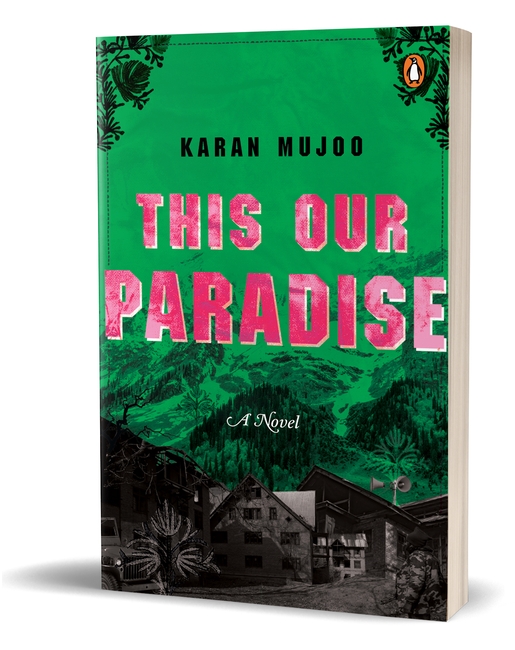
***
Clocks ticked. Hairs sprouted. Voices deepened. Harvests passed. Calendars changed.
And Shahid leapt from adolescence to teenage. He sat for his twelfth standard exams in 1985 and barely passed. There was only one government college in Kupwara, and admission there followed a certain pattern. You would get a seat if you were a brilliant student with exceptional marks. You would get a seat if an influential politician made a phone call on your behalf. You would get a seat if you greased the palms of the education department officials.
Shahid and his family failed to meet these criteria. Corruption had seeped into the cracks and now was running riot in the Valley. Every government official, whether senior or junior, asked for bribes unabashedly. This culture was born during the reign of Bakshi Ghulam Mohammad. Having taken over from the Sheikh as the prime minister in 1953, he had opened industries, provided subsidies, improved healthcare and made education accessible. But he had also turned a blind eye to the greed and malpractices of those close to him.
Once he set this precedent, it was gleefully followed by everyone else.
It became clear to Shahid that there was no room for people like him in Kashmir. Every door he knocked on was rudely shut in his face. The few jobs available in Zogam involved manual labour or farming. But Shahid was clear he did not want to stoop so low. He wanted a life of dignity. A life independent of the mood swings of weather gods.
Since there was no work or college to go to, Shahid began whiling his hours away at Rajeshji’s shop. Every morning, after breakfast, he would leave his house and head over there.
After ordering a cup of tea, he would sit on a stool and read the newspapers. He was not the only aimless, unemployed boy searching for succour at the shop. Scores of boys from Zogam and Kupwara, who had been shunted out by the system, came there to smoke and gossip.
Rashid was one of them. Shahid often heard him talking to his entourage, among other things, about the Quran and Hadiths. His eyes shone passionately as he discussed the various ayats. While giving these mini-sermons Rashid smoked like a steamer ship. He lit up Capstan after Capstan, often mid-sentence. Due to the relentless smoking, his incisors bore brown tobacco stains. Some of the boys jokingly called him the smoking prophet, which both offended and pleased Rashid. One day, he asked Shahid to pass a matchbox and the two became, at first acquaintances, and then friends. When they started talking, they discovered they had much in common. Both of them were frustrated by the corruption in society, both were unemployed, both were dismissive of menial jobs. For the first time in his life.
Shahid could call someone a friend. Over long sessions of tea and cigarettes (Shahid started smoking under the influence of his new friend), their bond thickened. They confided their fears and dreams to each other. They tried to come up with ways to jumpstart their stagnated lives. Rashid was certain the society needed an overhaul. The privileged and corrupt had to be shaken up. The playing field had to be leveled.
One day, a boy from Kupwara came to the shop to smoke a cigarette. He was carrying a few files, which indicated he had a government job. It was unclear what sparked the confrontation—a grazing of the shoulders, a challenging stare—but for some reason Rashid started slapping the boy, accusing him of stealing jobs and paying bribes. Unaccustomed to violence, Shahid froze for a moment. But then he too saw red. He lunged out with his leg and caught the boy squarely in
his ribs. The boy groaned and collapsed on the ground. Rajeshji ran out of the shop to help him. Rashid and Shahid, their hearts pounding, their veins surging with adrenaline, ran away towards the fields.
‘The bhatta deserved it,’ Rashid said breathlessly. Shahid had not noticed the narywun which had marked out the boy. But it did not matter. The system had to be dismantled. Even if it was one kick at a time.
Brawls, abuses and loutish behaviour were frowned upon in Zogam. A small council of elders, both Muslims and Pandits, turned up at Shahid’s house and requested his father to reign him in. Such incidents were not good for the village, they said. Shahid’s father and Zun were shocked by their son’s involvement in the fracas. They convinced the group that Shahid would never indulge in such behaviour again. After they left, Zun crumpled and sobbed quietly. When Shahid came home later that night, his father admonished him.
‘You have humiliated us in front of the whole village. I had to bow my head and ask for forgiveness on your behalf.’ Zun, teary-eyed, said, ‘Shahid, you have always been such a gentle boy. From where did this fire erupt in your chest? It must be those scoundrels you keep hanging around with at the shop. Swear by me that you’ll stop meeting them. Swear by me!’
Shahid heard their complaints quietly. He had nothing to say. He went to his room and lay down on the hard bed. Deep in his heart, he knew he had done no wrong.
***
Get your copy of This Our Paradise by Karan Mujoo on Amazon or wherever books are sold.







